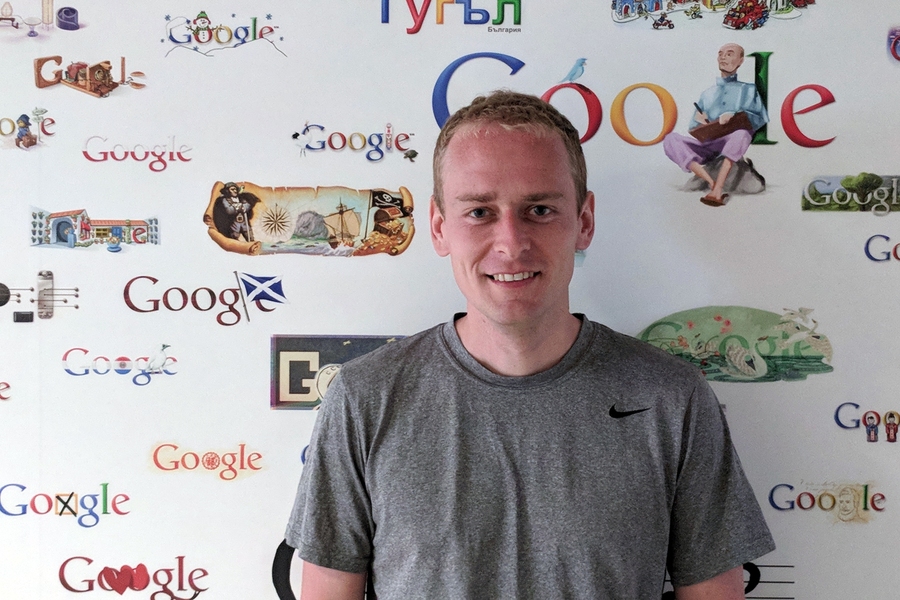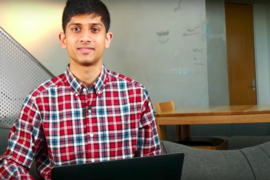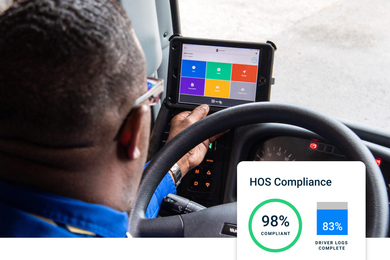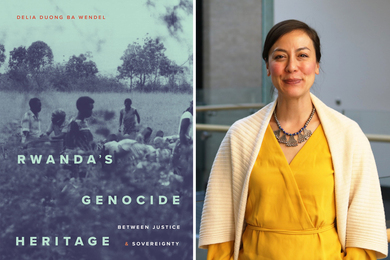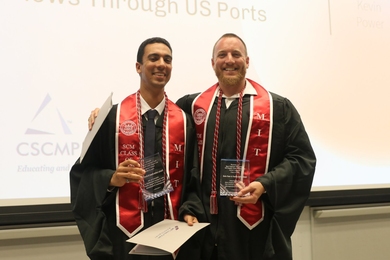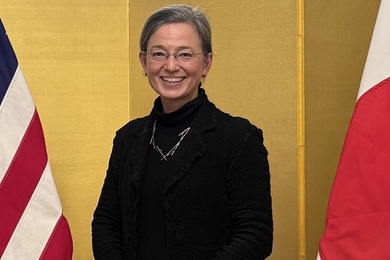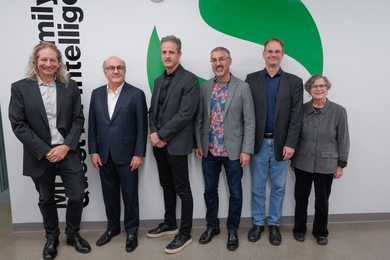Choosing a new career and starting over from square one takes courage. Many people may be intimidated by the daunting task of learning a new trade, but fortunately career-changers can find ample support in open educational resources like MIT OpenCourseWare.
Take the case of Trent Parker, a former chemistry PhD candidate and himself a creator of open educational resources. Parker wanted to get into software engineering, so he built a self-directed learning program on OCW courses, and with powerful new knowledge and skills soon landed a great job at Google.
Parker had been studying chemistry since his undergraduate days, and was a graduate student studying physical chemistry. Khan Academy’s free informal learning videos inspired him to start TMP Chem, a YouTube channel for his niche field, thinking “there’s no reason every technical field shouldn’t have this.” He could clearly see the value of open education.
As TMP Chem gained followers, Parker also gained more private tutoring clients. These two pursuits became a substantial time commitment, leading to a critical moment. Although chemistry made up Parker’s entire academic career and skill set, he was unhappy with his progress toward the PhD. So he left his degree program in 2016, piecing together more private tutoring and developing a second version of his TMP Chem YouTube channel.
Yet Parker was hungry to make a bigger impact on the world, and find a more stable career. Software engineering seemed to fit the bill, and what better place than MIT to learn that subject?
Fortunately, OpenCourseWare has extensive course materials on computer science, including a curated list of introductory programming starting points.
“Thanks to the vast trove of content available on the [OCW] site, I was able to view videos, work through homework assignments, read the right books, and build a self-study computer science curriculum for myself,” Parker says.
Choosing courses from OCW’s collection, Parker dove into courses such as 6.042J/18.062J (Mathematics for Computer Science) and soon became a skilled systematic problem solver. As he learned more with OCW, Parker took part in online coding competitions. After succeeding with a particularly hard eight-hour challenge, he was approached by a scout for Google and offered a job interview.
Google’s offer rate from first interviews is less than 1 percent, so Parker was cautiously excited about the interview, but didn’t expect to be offered the first job for which he interviewed. Yet through round after round of technical interviews, the recruiters were impressed that someone with virtually no formal background in computer science was doing so well. Fortunately, Parker was well-prepared for their interview questions, having thoroughly internalized the OCW course materials, put in plenty of dedicated practice, and worked up to progressively more challenging problems.
OCW’s high-quality self-paced open learning enabled Parker to achieve his goals years before he anticipated.
“In the span of about six months, I went from a nearly unemployed dropout with poor ad-hoc computer science skills to a six-figure technical position at one of the world's leading technology firms, in large part thanks to the open availability of these materials,” he says.
What’s next? Parker says he hopes to get more involved with machine learning, and perhaps ultimately return to education. He looks for online learning to play an ever-larger role, with more content creators inspired by MIT’s bold commitment to open sharing, and more learners inspired by the example of his initiative and desire to keep learning.
“I can never thank MIT enough for this great service you've done for me and for the world,” he says.
